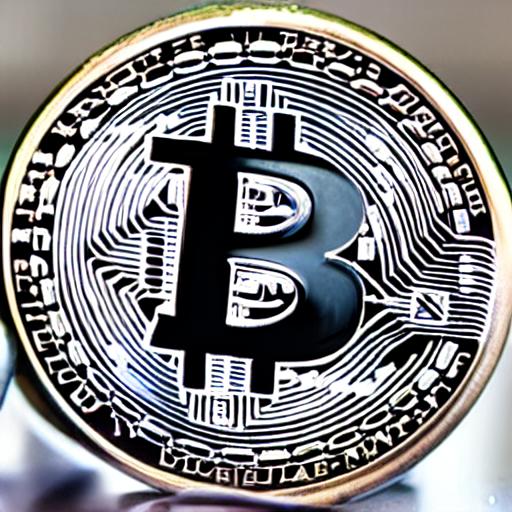A U.S. court-ordered examiner report made public on Tuesday revealed that the bankrupt cryptocurrency lender Celsius Network utilized investor funds and client deposits to support its own token while two of its founders profited millions from token sales.
During the COVID-19 outbreak, cryptocurrency lenders like Celsius saw a surge in business by promising customers huge interest rates on their cryptocurrency deposits. After halting customer withdrawals, New Jersey-based Celsius filed for bankruptcy in the United States in July.
Judge Martin Glenn of the U.S. Bankruptcy Court, who is presiding over the Chapter 11 case, appointed Shoba Pillay, a former prosecutor, as an independent examiner in September.
She looked into customers’ allegations that Celsius was a Ponzi scheme and prepared a report on how the company handled cryptocurrency deposits.
Although the examiner’s report did not reach that determination, it did lay forth information that would convince Glenn that Celsius was a Ponzi scheme.
The investigator discovered that Celsius never made enough money to satisfy the significant rewards promised to customers and that Celsius funded customer withdrawal requests in June 2022 and possibly other times by using new customer deposits.
According to the study, Celsius Coin Deployment Specialist Dean Tappen remarked that he ought to be known as a “Ponzi consultant” in corporate chat and later referred to Celsius’ practice of utilizing client stablecoins to repurchase its own proprietary tokens as “quite Ponzi-like. The comment regarding the “Ponzi consultant” was an attempt at a “bad joke,” Tappen told the examiner, adding that he did not believe Celsius to be a Ponzi scheme.
The corporation said in a statement issued on Tuesday that it had assisted the examiner’s investigation and that it was eager to collaborate with creditors to find a way out of bankruptcy.
Celsius took crypto deposits from retail clients and utilized those funds to purchase cryptocurrencies in what would be considered the wholesale market.
According to the investigation, Celsius misled users into believing that its own cryptocurrency token, “CEL,” would be used to pay customer rewards while also secretly repurchasing CEL on secondary markets to support CEL’s price.
In order to drive the price of CEL “higher and higher” starting in 2020, Celsius went on a “buying spree,” according to the report. At least $558 million was spent by Celsius to purchase its token.
The article said that by 2022, staff members frequently referred to the token as “worthless” and questioned whether anyone other than Celsius would purchase it.
According to the investigation, “Celsius genuinely operated a business that was not the business that Celsius advertised and offered to its customers.” The study found that Celsius offered customers more money as rewards for many years than it could earn through sales. According to the report, from 2018 and June 30, 2022, it owed consumers $1.36 billion more than it earned in net revenue from customer deposits.
Insiders who owned the majority of the CEL token benefited from price increases, according to the research. Alex Mashinsky, the founder of Celsius who resigned as CEO in September after being accused of fraud in the US, made at least $68.7 million from the sale of CEL tokens between 2018 and the bankruptcy filing. According to the article, co-founder Daniel Leon sold at least $9.7 million worth of the token.
The investigation alleges that Mashinsky frequently misled customers through tweets and video broadcasts. The examiner discovered that Celsius executives kept a log of his false comments and occasionally removed them from video recordings without telling the thousands of audience members who heard the false statements in real time.
Mashinsky and Leon could not be reached by Reuters for comment. The lawyer for Mashinsky has already made it clear that his client plans to vigorously contest the allegations in court and refutes the charges.













